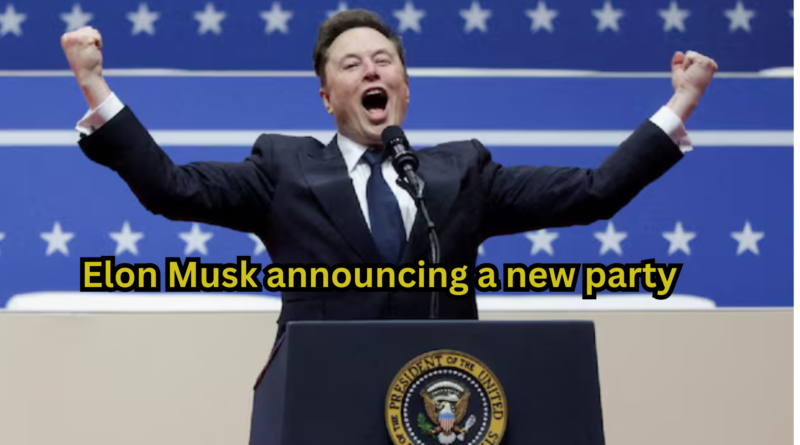Will Tech Innovation Be Enough to Solve America’s Core Issues?
In a surprise move that has sparked widespread media attention, tech billionaire Elon Musk has announced the formation of a new political party in the United States. During a livestreamed event, Musk stated that the new party tentatively named the “Technocracy Alliance” will focus on science-driven policy, innovation-led governance, and preserving free speech. He emphasized the need for a fresh political alternative, claiming that both the Democratic and Republican parties are “out of touch with the realities of the modern world.”
Musk outlined the party’s core values, which include economic freedom, accelerated development of clean and advanced technologies, decentralization of government control, and robust national defense through AI and cyber innovations. He also spoke about reshaping education, reforming bureaucracy, and creating a government that runs more like a well-optimized tech company. “Government should be agile and data-driven, not bloated and outdated,” Musk said during his speech.
The announcement has received mixed reactions. Supporters have praised Musk’s bold vision and see the new party as a necessary disruption to the traditional two-party system. Critics, however, argue that Musk’s political inexperience and unpredictable nature may make the venture risky. Political analysts have also questioned whether a tech mogul’s vision can resonate with the broader American electorate, especially on issues like healthcare, social equity, and immigration.
Despite the skepticism, Musk hinted at plans to field candidates for the 2026 midterms and even suggested that he may personally endorse or support independent presidential candidates in 2028. As with many of Musk’s ventures whether in space, electric vehicles, or AI his political ambitions could dramatically reshape public discourse in the coming months. Whether the “Technocracy Alliance” will gain traction or fizzle out remains to be seen.




